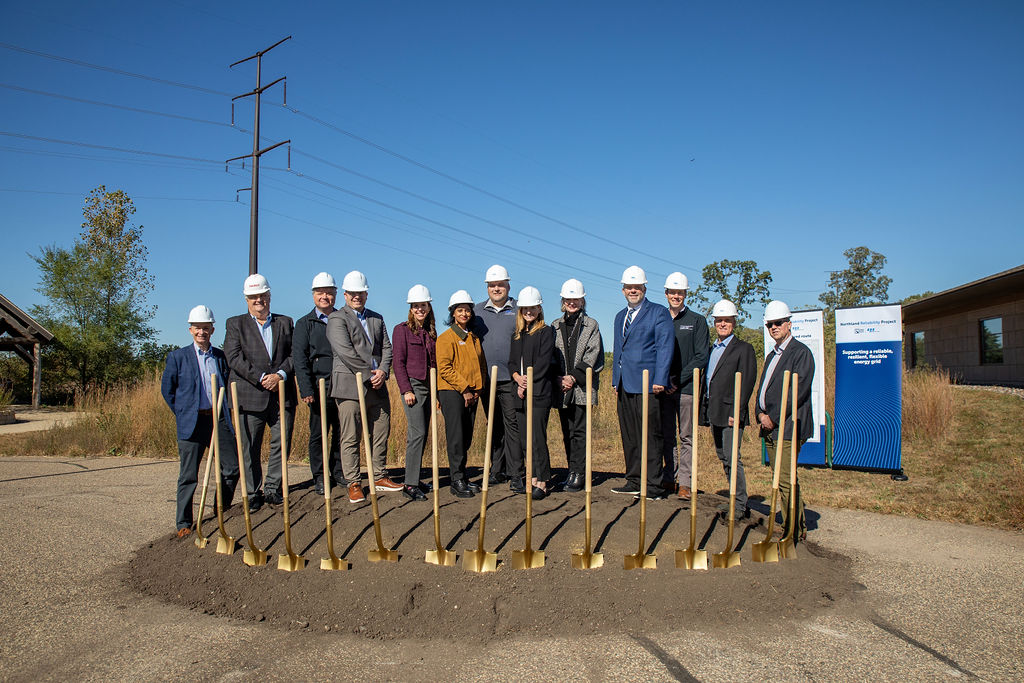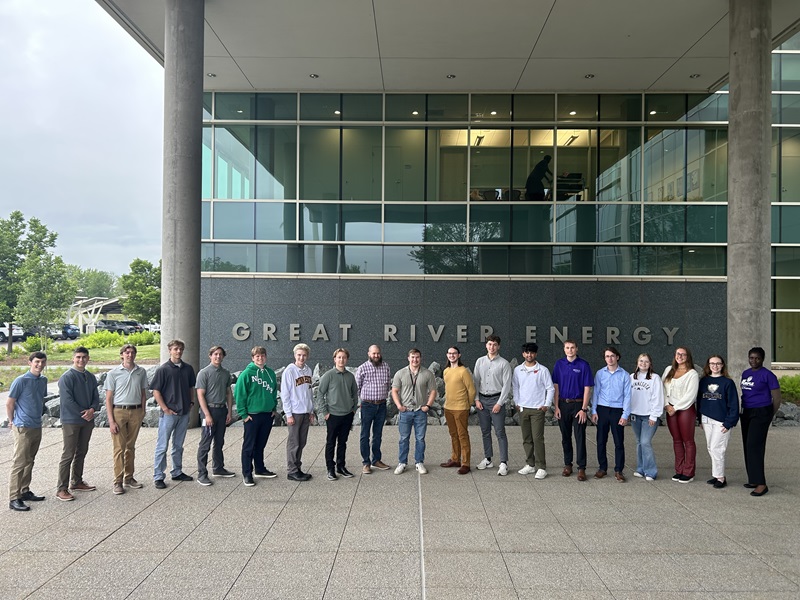More than 140 megawatts (MW) added to the Midwest capacity market this year by Great River Energy came not in the form of a new wind farm or traditional power plant, but instead by aggregating and registering load-modifying resources as a “virtual” power plant.
Great River Energy and its 27 member-owner cooperatives operate several demand response programs as a way to use the grid efficiently and economically by reducing electricity demand during periods of high stress.
More than 370,000 residential appliances are voluntarily enrolled into the programs by member-consumers, granting Great River Energy permission to “control” or “cycle” the air conditioners, water heaters, heat pumps or other devices for a period of time in exchange for a reduced electric rate or other incentive.
Commercial and industrial (C&I) members also enroll in these programs but instead of allowing Great River Energy to cycle an appliance, all or a portion of the business’s electrical load is curtailed — or interrupted — at a specific facility site. All C&I interruptible program participants are now registered with the Midcontinent Independent System Operator (MISO), the region’s grid operator.
This combined C&I interruptible load equates to 142 MW of accredited capacity by MISO for the 2023-24 summer season. By registering these resources, they can be dispatched by MISO in times of a reliability emergency.
“Our load management programs are meant to be assets for reliability and this provides MISO with better visibility to these important reliability tools. This is why we say that, all together, these load-modifying resources can be considered a virtual power plant. The resources can be ready and operational within two hours of a declared emergency, which is similar timing to a gas-fired peaking plant.”
— John Reinhart, Great River Energy manager of distributed energy resource portfolio
A benefit to this strategy for members is the expected reduction in the number of events that require commercial or industrial business operations to be interrupted. Registration formally incorporates the capacity of these programs into Great River Energy’s power supply portfolio and relieves the obligation to control these resources to receive a capacity benefit. As a result of registration, these resources will be available to respond to grid emergencies or times when the market price of electricity is abnormally high.
Registration also helps improve Great River Energy’s capacity position. MISO members must have enough generating capacity to serve their members, plus a reserve. Great River Energy’s load management programs have always helped lower capacity requirements, but as registered resources, they now count even more toward that requirement.
“As we’ve evolved our power supply portfolio by investing in renewables, and in consideration of the state’s 2040 carbon-free law, registering these resources is a way of making the most use of the assets we already have and ensuring they’re being recognized to the maximum extent,” Reinhart said.
The goal for this effort is to gradually register the remainder of the demand response programs over the coming years. Reinhart said the air conditioning programs will likely be the next ones registered because they support the cooperative’s summer power supply position.

 " data-object-fit="cover">
" data-object-fit="cover">
 " data-object-fit="cover">
" data-object-fit="cover">